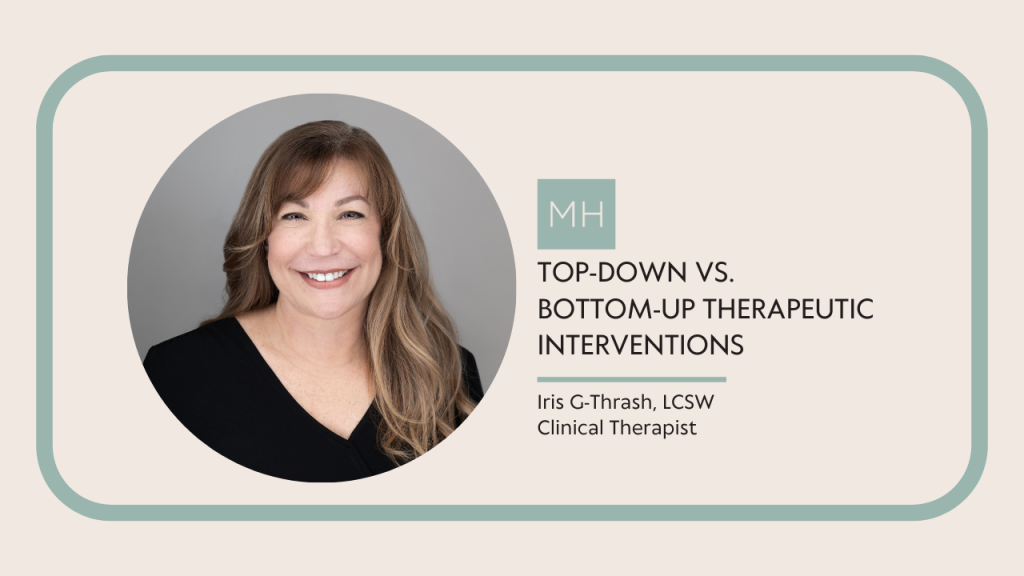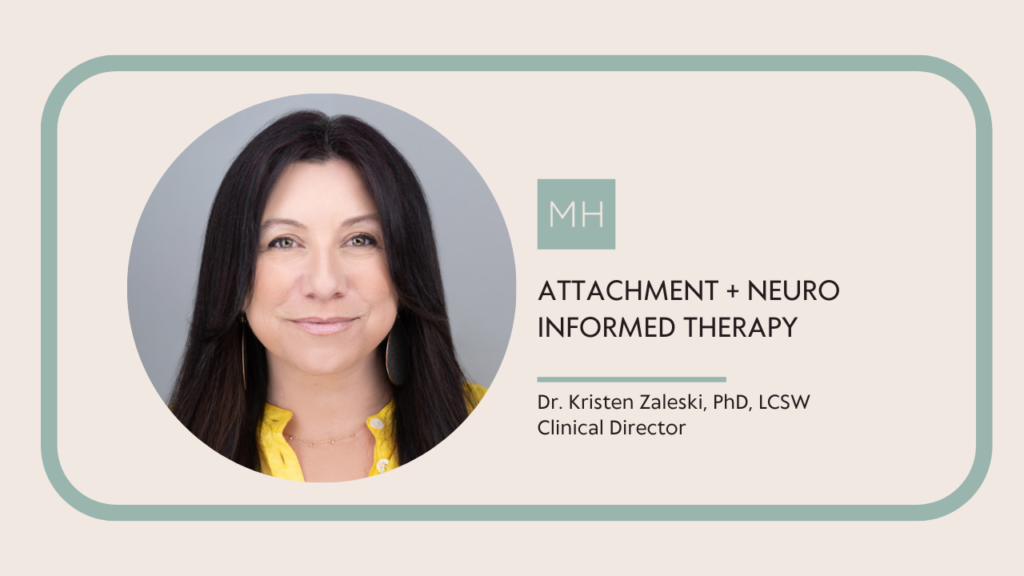Neurodiversity is a concept recognizing a natural variation in the way the human brain functions. Functional differences may include:
- Learning styles
- Cognitive abilities
- Emotional containment
- Communication methods
Due to the significant impacts of learning, cognitive development, social communication and interactions, it is imperative to understand and recognize neurodiversity.
ACCOMMODATIONS FOR NEURODIVERSITY
A foundational treatment tool across therapeutic modalities is accommodations. Accommodations are changes made to the environment, teaching methods, or assessment methods that allow individuals with neurodiverse conditions a greater ability to participate in activities.
“Accommodations are the greatest tool when working with the neurodiverse population. They can be modifications of tasks, changes in environmental cues, assistive technologies, scheduling flexibility, and alternative formats of learning. The accommodation often provides individuals with greater access to their internal resources that are needed for success” -Dr. Nizami, The Mental Health Collective.
Access to appropriate resources and support services are another fundamental aspect of treatment. Support services may include:
- Individual and family therapy
- Counseling
- Support groups
- Specialized educational and vocational programs.
Identifying local community resources are a key component to community development, access to vocational training, and improving overall quality of life. Alternative therapeutic services may include:
- Occupational therapy
- Speech therapy
- Somatic and sensory support
- Applied behavioral analysis
- Social skills training groups.
Additionally, individuals may benefit from regular meditation, yoga, mindfulness exercises, and breathing techniques.
With the growing development of treatment modalities and accessible services, education and awareness will continue to be a tool in treating neurodiversity. With the enhancement of knowledge and understanding of neurodiverse experiences, communities and support systems can better assist individuals locating care options, hosting meaningful conversations about diagnosis and prognosis, and reduce stigma associated with atypical experiences.
“The greatest development in treating neurodiversity relates to awareness of atypical experiences. Academic and social conversations regarding neurodiversity offer individuals’ stories and experiences to be honored and understood. We can see that these conversations have taken form even outside the helping field, as there appears to be a trend in how companies use accommodations and alternative resources for their employees. These are the important conversations that will continue to bring awareness to the voices of neurodiversity across our communities. It is in recognizing and honoring the unique strengths and needs of each individual that will foster a comprehensive and multifaceted approach of care.” -Dr. Nizami, The Mental Health Collective
DO YOU HAVE A QUESTION?
Send our team a message or call 888.717.9355

